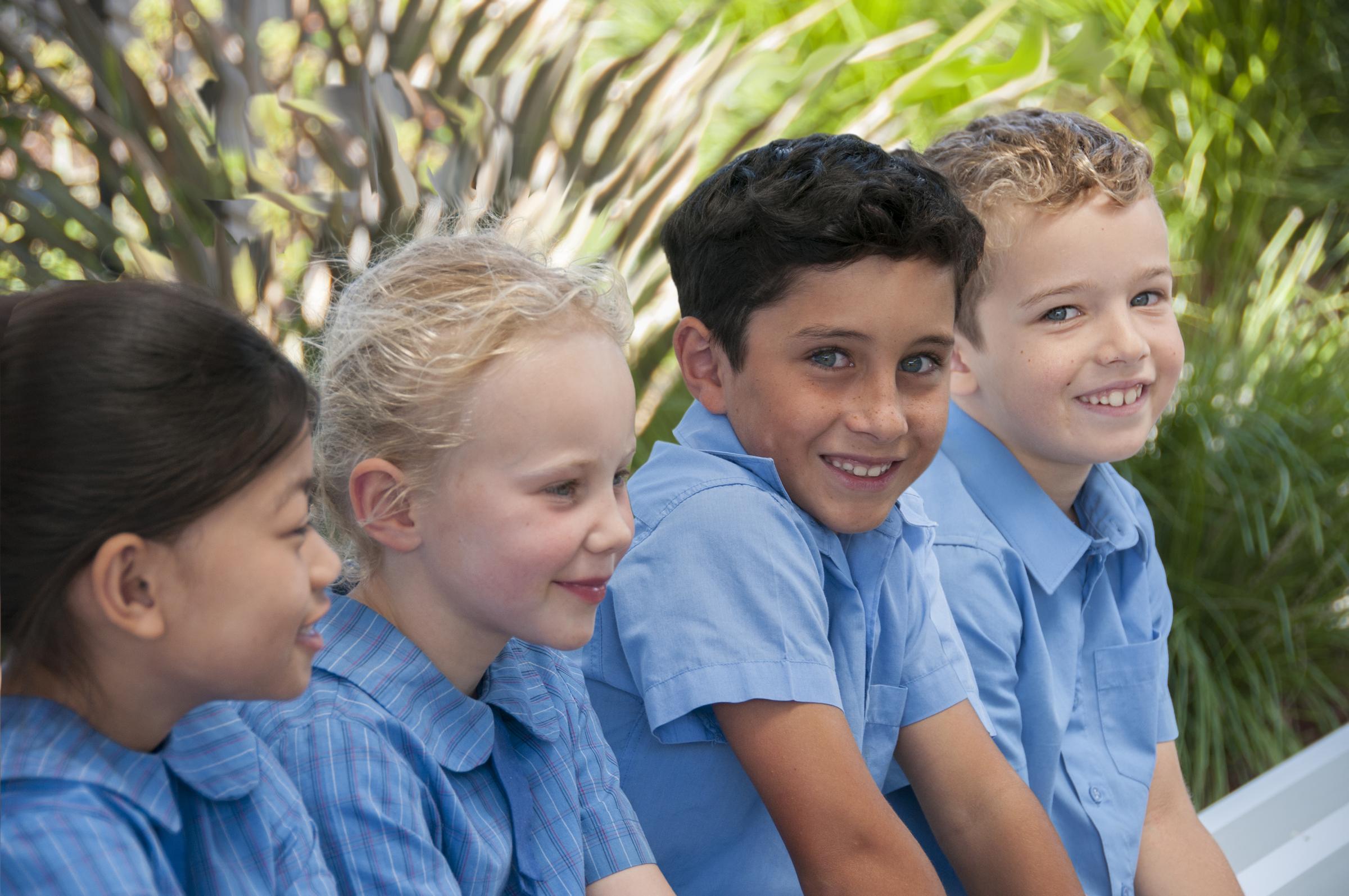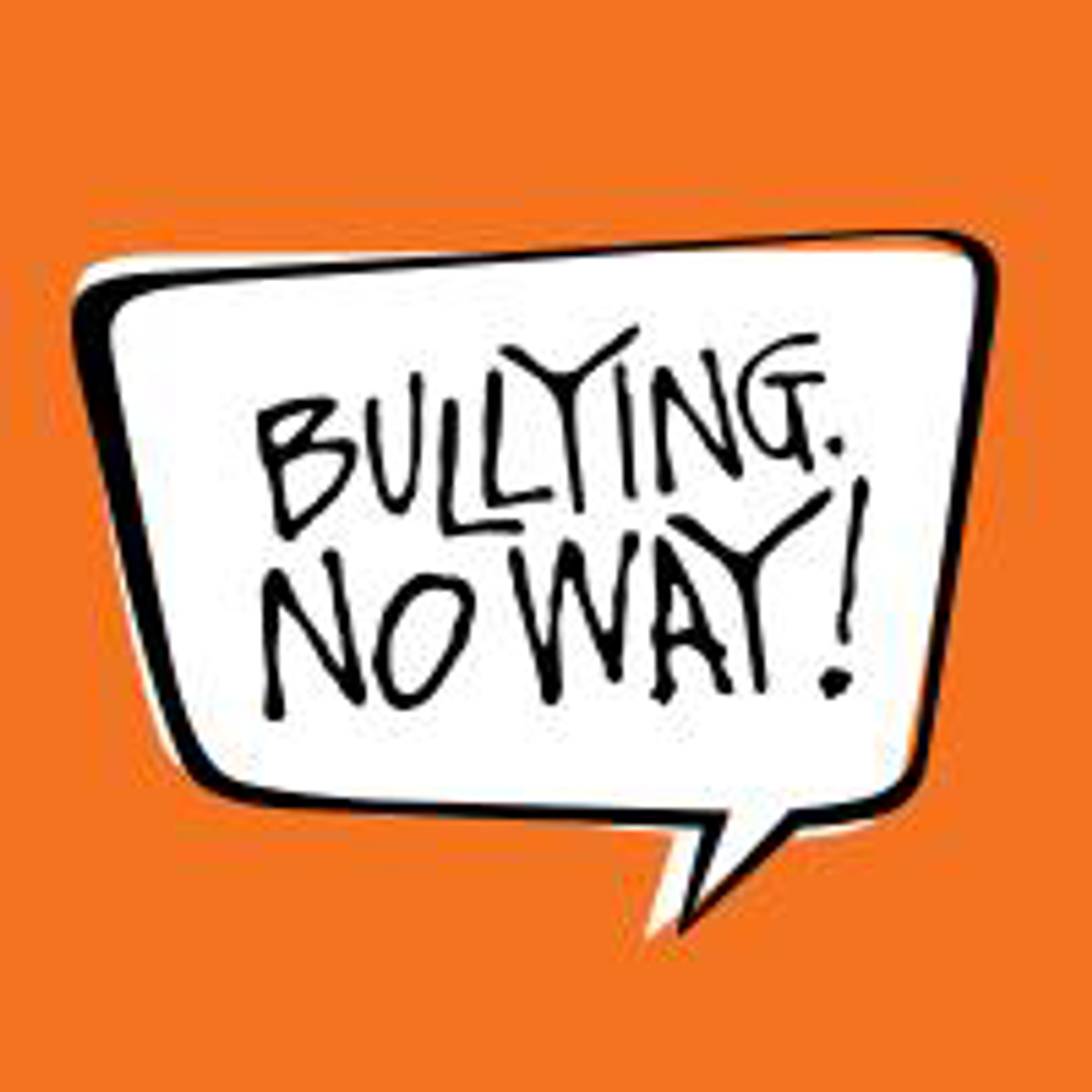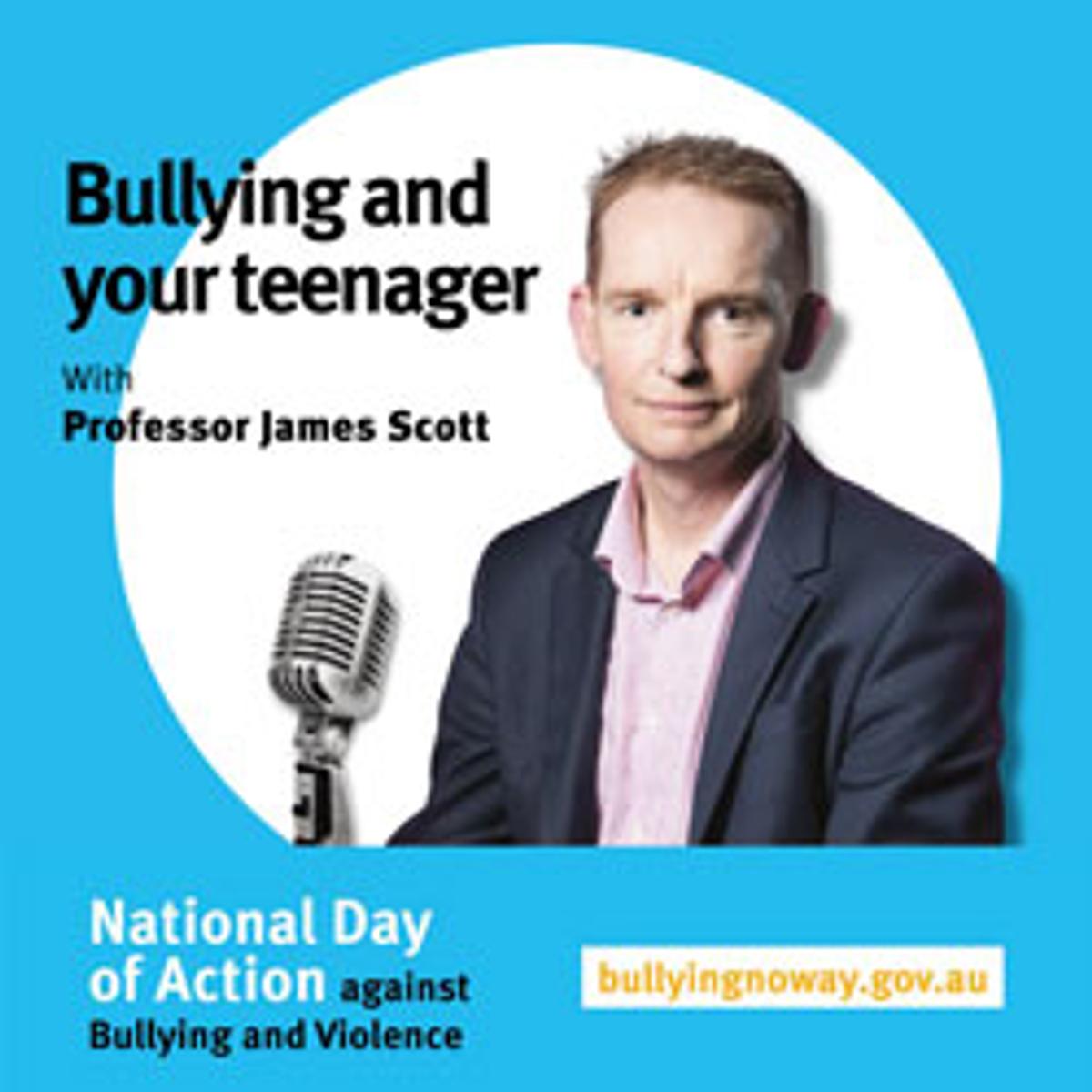Student Well-being

Today it is National Day of Action against Bullying and Violence.
There are so many fabulous resources available on Bullying No Way! Below is an informative article outlining strategies to use if your child brings the term Bullying to your attention.
Parents and carers have a key role in preventing and responding to bullying.
Learn what bullying is and what it is not. Understanding the definition of bullying is the first step in talking about how to prevent and respond to bullying with your child. 'Bullying' is a word that is used for behaviours that are not actually bullying. These other behaviours can be just as serious but may require different responses.
School responses to reports of bullying can be much more effective when parents and carers report bullying and support school staff efforts to respond to it.
If your child reports that bullying is occurring at school, or the bullying is occurring outside school hours and involves students from the school, you should let the school know about the situation.
Working together with the school is the best way to help your child resolve bullying issues.
Schools will work with you to resolve the situation and will also work with the other student's parents. Due to privacy laws, they will not be able to share information about any other students involved.
This podcast with Professor James Scott External link, a clinical child and youth psychiatrist, and the head of the Child and Youth Research Group at the QIMR Berghofer Medical Research Institute in Queensland, discusses the signs your teenager may be experiencing bullying, how to start the conversation with them and how you can approach the school to resolve the issues.
Article taken from :
https://bullyingnoway.gov.au/support-and-advice/for-families
Lauren Borg
Student Wellbeing Leader


